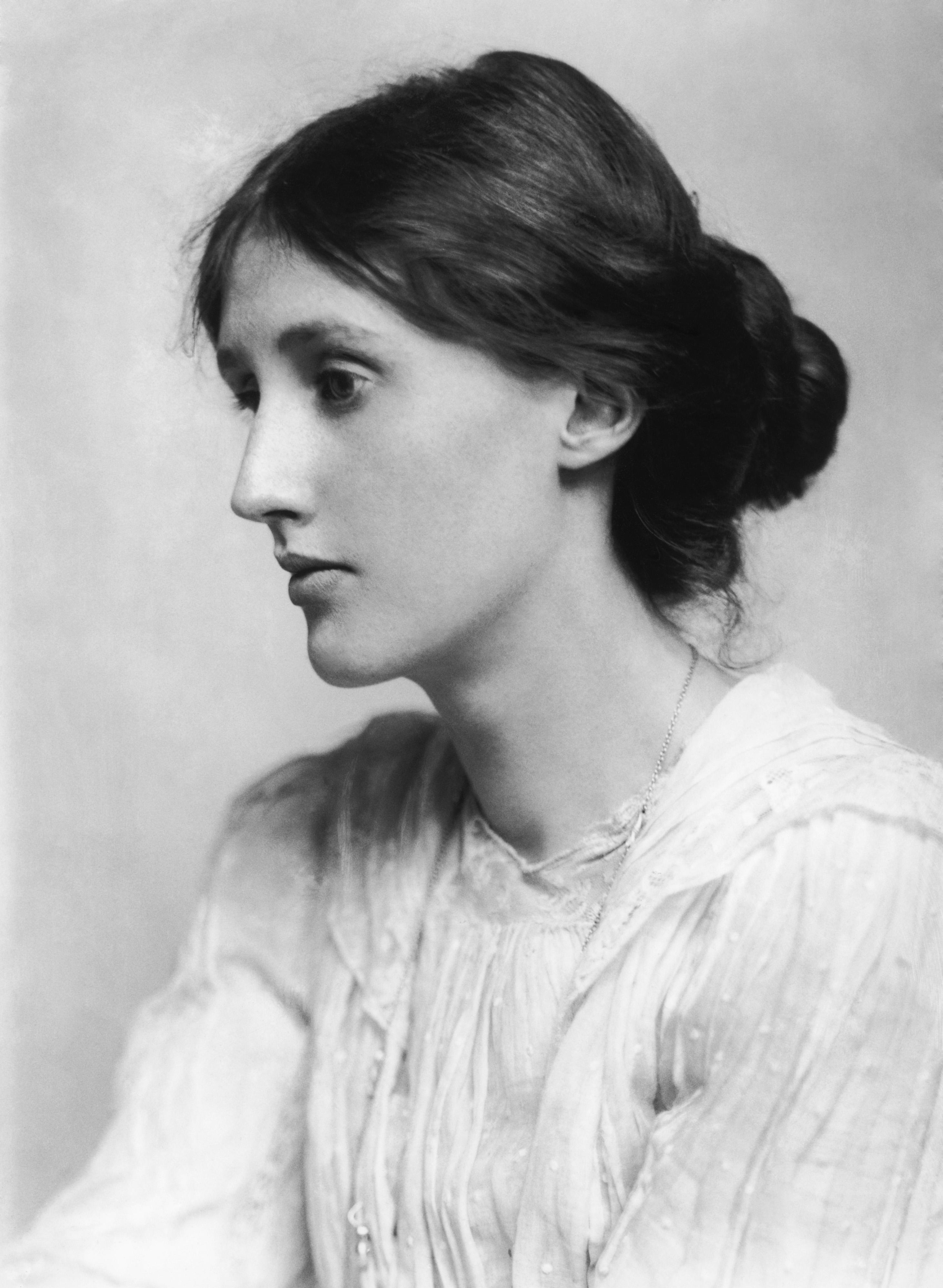
Virginia Woolf (England, 1912-1941)
Virginia Woolf was an modernist twentieth century writer and a pioneer in the use of stream of consciousness. She was born in an affluent household in South Kensington, London, attended the Ladies' Department of King's College and was acquainted with the early reformers of women's higher education. Woolf was one of the central subjects of the 1970s movement of feminist criticism, and her works have since garnered much attention and widespread commentary for "inspiring feminism", an aspect of her writing that was unheralded earlier.
Her novels can perhaps best be described as impressionistic, a literary style which attempts to inspire impressions rather than recreating reality. Two of Virginia Woolf's most well known novels in particular are Mrs. Dalloway and To the Lighthouse.
“Lock up your libraries if you like; but there is no gate, no lock, no bolt that you can set upon the freedom of my mind.”
A Room of One's Own
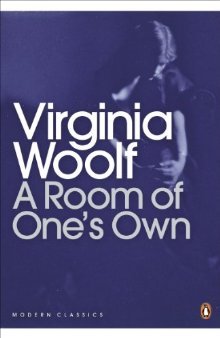
A Room of One's Own
A Room of One's Own is Virginia Woolf's most powerful feminist essay, justifying the need for women to possess intellectual freedom and financial independence. Based on a lecture given at Girton College, Cambridge, the essay is one of the great feminist polemics, ranging in its themes from Jane Austen and Charlotte Bronte to the silent fate of Shakespeare's gifted (imaginary) sister and the effects of poverty and sexual constraint on female creativity.
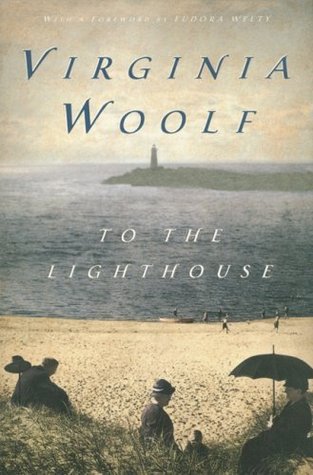
To the Lighthouse
The serene and maternal Mrs. Ramsay, the tragic yet absurd Mr. Ramsay, and their children and assorted guests are on holiday on the Isle of Skye. From the seemingly trivial postponement of a visit to a nearby lighthouse, Woolf constructs a remarkable, moving examination of the complex tensions and allegiances of family life and the conflict between men and women.
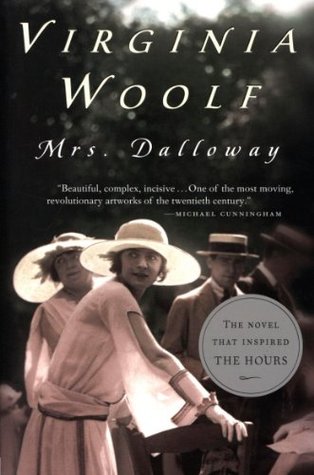
Mrs. Dalloway
Mrs. Dalloway chronicles a June day in the life of Clarissa Dalloway–a day that is taken up with running minor errands in preparation for a party and that is punctuated, toward the end, by the suicide of a young man she has never met. In giving an apparently ordinary day such immense resonance and significance–infusing it with the elemental conflict between death and life.
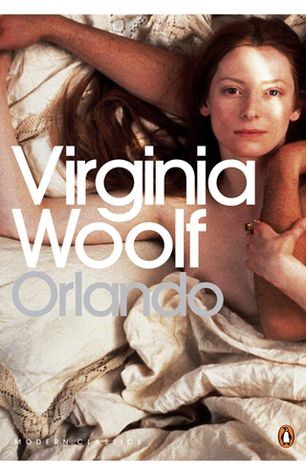
Orlando
Spanning three centuries, the novel opens as Orlando, a young nobleman in Elizabeth’s England, awaits a visit from the Queen and traces his experience with first love as England under James I lies locked in the embrace of the Great Frost. At the midpoint of the novel, Orlando, now an ambassador in Costantinople, awakes to find that he is a woman, and the novel indulges in farce and irony to consider the roles of women in the 18th and 19th centuries.